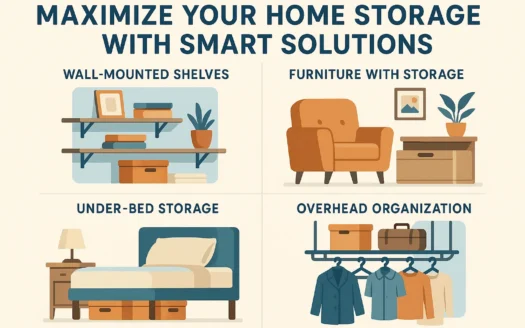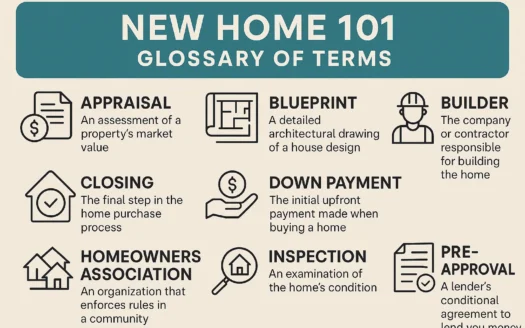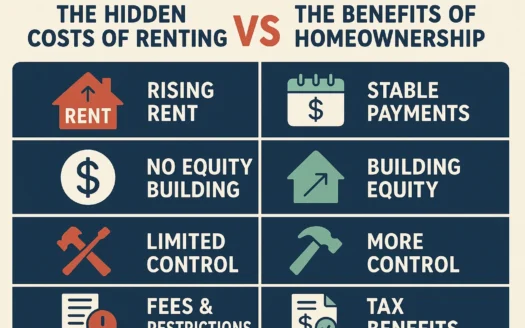The Complete Guide to Single-Family Homes: Key Features and Benefits

The Complete Guide to Single-Family Homes: Key Features and Benefits
House hunting is an exciting time for prospective buyers, especially first-timers. However, real estate terminology can often feel overwhelming. One common term you’ll encounter is “single-family home.” Let’s break down what this means and explore the advantages of owning one.
Defining Features of Single-Family Homes
A single-family home is a freestanding residential structure designed as a single dwelling unit. Unlike condos, townhomes, or apartments, these properties offer distinct features:
- No Shared Walls: These homes stand independently, ensuring no shared walls with neighboring properties.
- One Full-Sized Kitchen: While some may include kitchenettes in guest suites, only one primary kitchen with a stove and oven is present.
- Land Ownership: Buyers own the entire lot, including front, back, and side yards, regardless of property size.
- Private Access: Each home has direct, private entry points to the street, unlike shared hallways in multi-unit buildings.
Top Benefits of Choosing a Single-Family Home
As the most common residential property type in many regions, single-family homes provide unique advantages:
- Enhanced Privacy: With no shared walls or floors, noise from neighbors is minimized—perfect for peaceful living.
- Expansion Potential: Modify your space by adding rooms or converting areas like garages, options rarely available in condos or townhomes.
- Ample Storage: Enjoy basements, attics, and garages for storing seasonal items, tools, or family heirlooms.
- Design Freedom: Personalize your exterior with paint colors, gardens, or landscaping choices, unlike attached housing with strict guidelines.
Whether you prioritize privacy, customization, or room to grow, single-family homes offer flexibility and independence that cater to a wide range of lifestyles.




